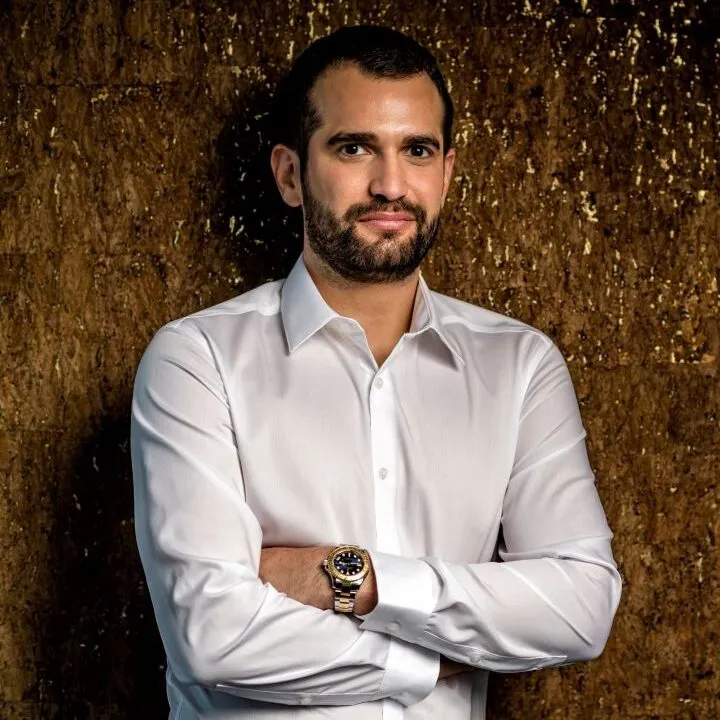NFT Lawyers: When You Need One
In this article we are going to cover:

- What an NFT lawyer is
- How to choose one
- Our NFT law services
Plus more... Read on to learn everything you need to know about NFT lawyers and NFT law firms.
- NFT Lawyers - What are They?
- The Original NFT Law Firm
- Virtual General Counsel Services
- Some of the Work We’ve Done
- FAQ
NFT Lawyers - What are They?
NFT lawyers specialize in the legal issues surrounding Non-fungible Tokens, or NFTs. NFTs are a new type of digital asset that has exploded in popularity in recent years.
NFTs differ from traditional digital assets, such as Bitcoin, in that each token is unique. This allows NFTs to be used for a wide variety of applications, including collectibles, digital art, and virtual real estate.
Given the relatively new and complex nature of NFTs, NFT lawyers play an essential role in helping to navigate the legal landscape surrounding them. NFT lawyers advise clients on a variety of issues, including compliance with securities laws, taxation, intellectual property, and even contract law.
As NFTs continue to gain in popularity, NFT lawyers will only become more essential in helping to ensure that these new assets are used in a legal and compliant manner.
Starting an NFT Project?
The Original NFT Law Firm
NFTs are a quickly developing technology. This means the laws and regulations surrounding their sale and marketing are constantly changing. Our team of experienced legal professionals bring decades of experience to our clients.
If you want to structure and launch an NFT project, you need to have the legal team in place to make sure you are in compliance and are not violating any securities laws in your jurisdiction.
Led by Senior Managing Partner Rafael Yakobi, who has represented some of the largest companies and individuals in the crypto space, The Crypto Lawyers is the first crypto and NFT law firm dedicated to the cryptocurrency industry.
While other firms may be older, none have the combined experience that The Crypto Lawyers have in this exciting and innovative new industry.
With any new global technology comes uncertainty and complexity. Rafael and his team of experts are here to provide cross-border transactional expertise to clients looking to sell or market NFT projects. Because of Blockchain’s borderless nature, you need a lawyer who can consult on not only the laws of your own country, but also those of any you plan to do business in.
Virtual General Counsel Services
The Crypto Lawyers offers virtual general counsel services to clients in the NFT space. Everything from daily legal matters to compliance to high-value transactions.
Get in touch with us to learn more about our world-class legal team and how they can help you get your project off the ground safely and achieve all your objectives.
Some of the Work We’ve Done
- Advised numerous high profile NFT projects to satisfy compliance rules with respect to U.S. federal securities and consumer protection laws.
- Continued representation as general counsel to a conglomerate entering the NFT space for its stock footage and images business.
- Supported an established clothing brand to define its NFT-based contest rules, disclaimer, and marketing materials to adhere to relevant state and federal laws, rules and regulations
- Advised a major video game developer to define the contractual relationship between the company and the users on their platform.
- Advised a major crypto exchange to obtain the rights to use an artists’ work for the purposes of creating and selling NFT’s on its platform
Starting an NFT Project?
FAQ
Frequently Asked Questions
Find answers to common questions about our cryptocurrency legal services
What types of cryptocurrency matters do you handle?
How can you help if I've been a victim of cryptocurrency fraud?
Do you assist with cryptocurrency exchange licensing?
Can you help with cryptocurrency tax issues?
Need Legal Assistance with Cryptocurrency Matters?
Our experienced team is here to help you navigate the complex world of cryptocurrency law. From regulatory compliance to dispute resolution, we provide comprehensive legal support.

